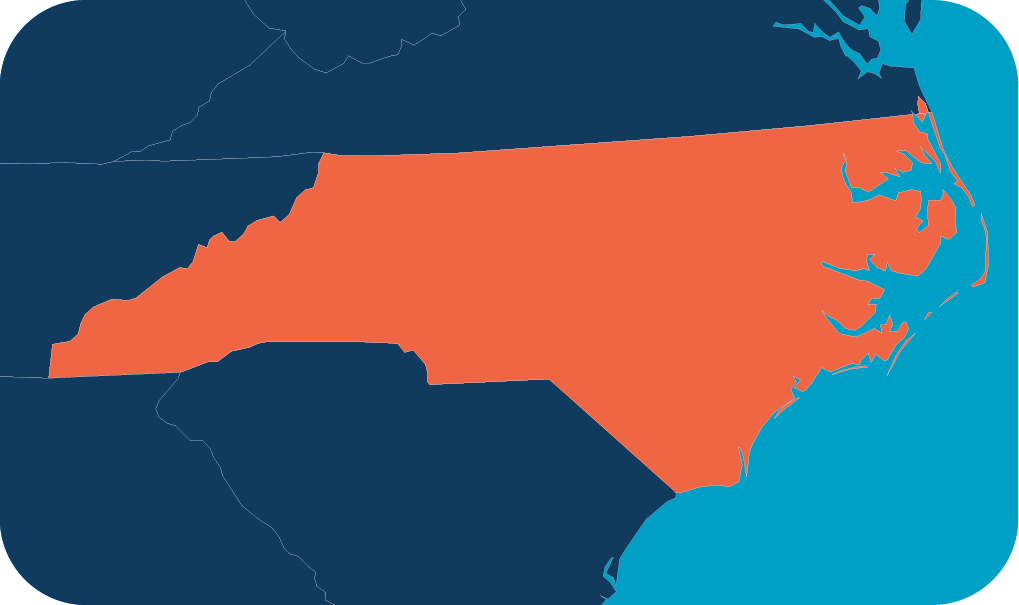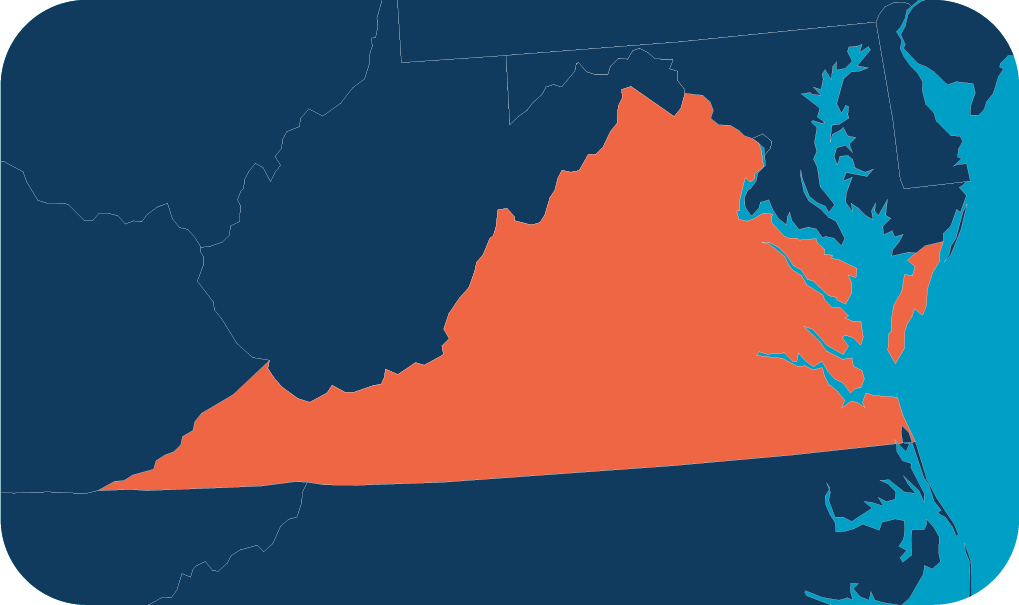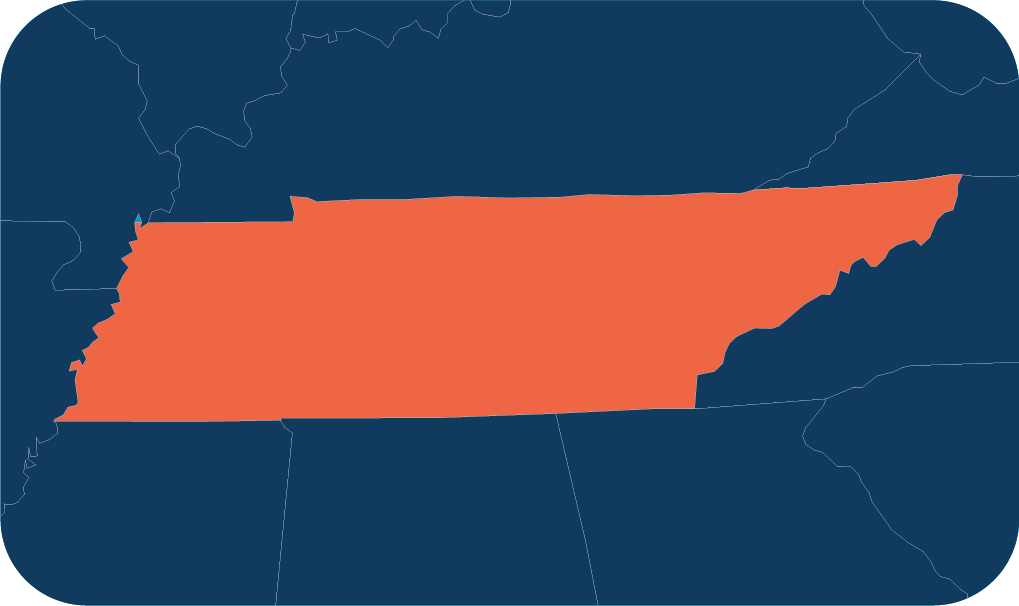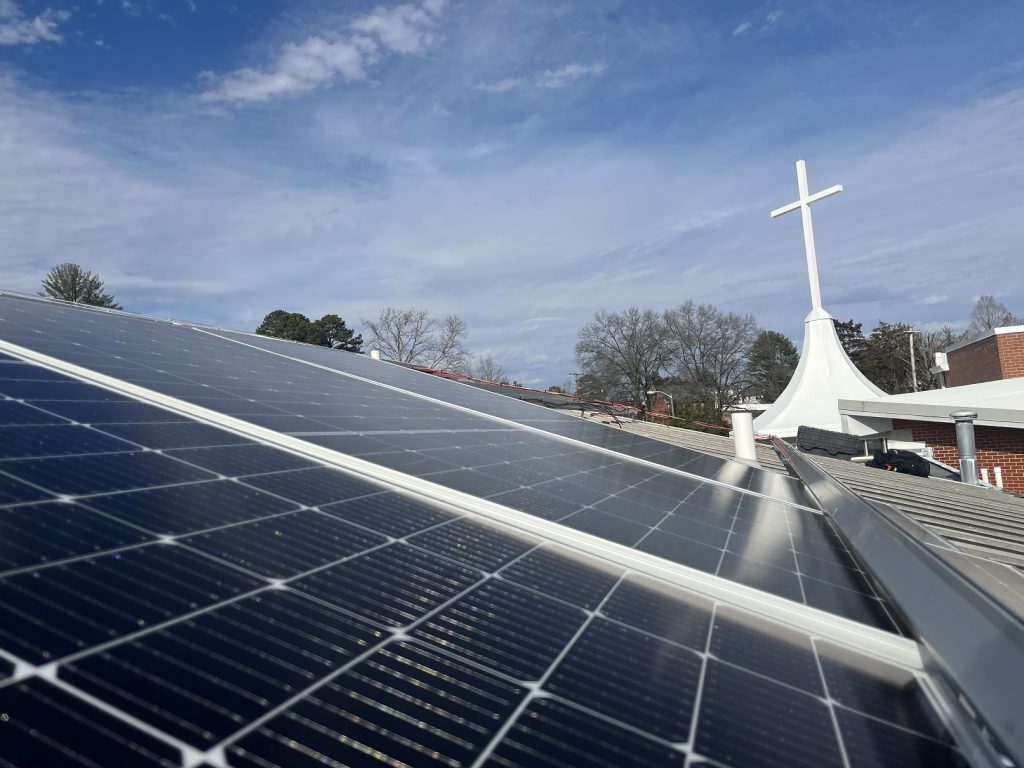Energy Democracy for All

Energy Democracy is local people having control of how their electricity is produced and distributed to ensure everyone has access to affordable and clean power.
Two decades into the 21st century, advances in solar panels, battery storage, modernized electric grids and other technologies are revolutionizing how our electricity can be produced and distributed. But large utility companies with monopoly control over the market — such as Duke Energy and Dominion Energy — are keeping us locked into using increasingly expensive polluting fuels like coal and fracked gas to generate our electricity.
At the same time, the increasing impacts of global climate change, including dangerous heat waves and severe storms, are taking a toll on countless communities, but especially disadvantaged communities and communities of color. And monopoly utility companies charge ever higher rates while they knowingly continue to worsen the climate crisis.
But a movement toward Energy Democracy is growing across Appalachia and throughout the country. Local individuals and groups are standing up to demand a seat at the table with decision makers to ensure we transition to a system that is affordable and fair, provides community wealth and jobs, and is built on clean, renewable energy.

Why Energy Democracy?
Learn how monopoly control and a focus on profit have locked us in a pattern of polluting fossil fuels and ever higher rates
State-Specific Info
Latest News
SCC considers whether to accept Dominion’s long-term plan
On behalf of its client, Appalachian Voices, the Southern Environmental Law Center presented the testimony of three experts, ultimately recommending that the commission reject Dominion’s plan.
Clean energy tax credits: Why are they important for Appalachia?
On the surface, federal tax credits may seem overly complicated or unrelatable. However, understanding the intricacies of tax law isn’t necessary to witness the positive impact these incentives are making in the country.
North Carolina Utilities Commission holds public hearing to review Duke Energy’s plans for second new gas plant in northern Person County
FOR IMMEDIATE RELEASEApril 17, 2025 CONTACTJuhi Modi, North…
Green jobs, healthy communities: A conversation with SEEED’s Stan Johnson and JD Jackson
SEEED, a nonprofit operating in Knoxville, Tenn., provides “pathways out of poverty for young adults through career readiness training, environmental education and community engagement.” The following is a Q&A with two members of the organization’s leadership team.
In a win for customers, Virginia State Corporation Commission rejects utility proposals and sets higher energy efficiency standards
Earlier this month, the Virginia State Corporation Commission published two orders that will require Dominion Energy and Appalachian Power Company to maintain and expand their energy efficiency programs from 2026 to 2028.










